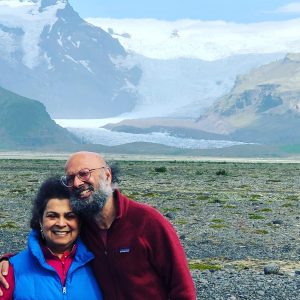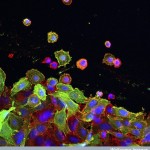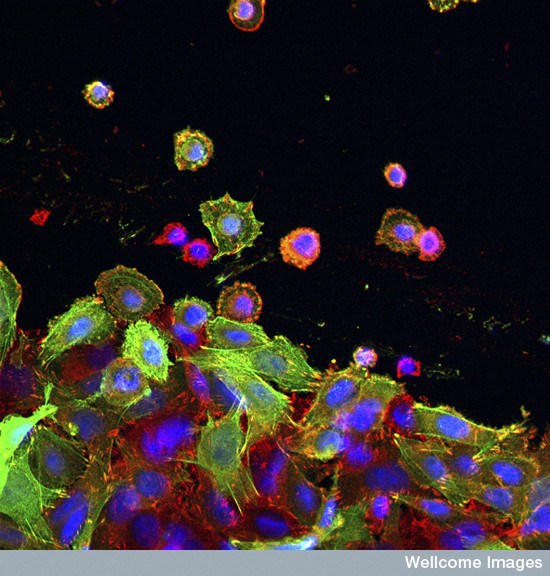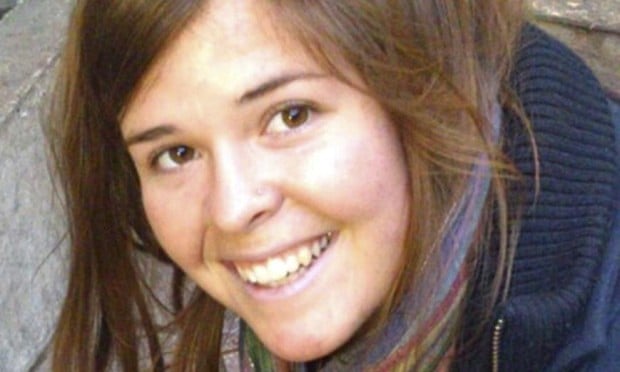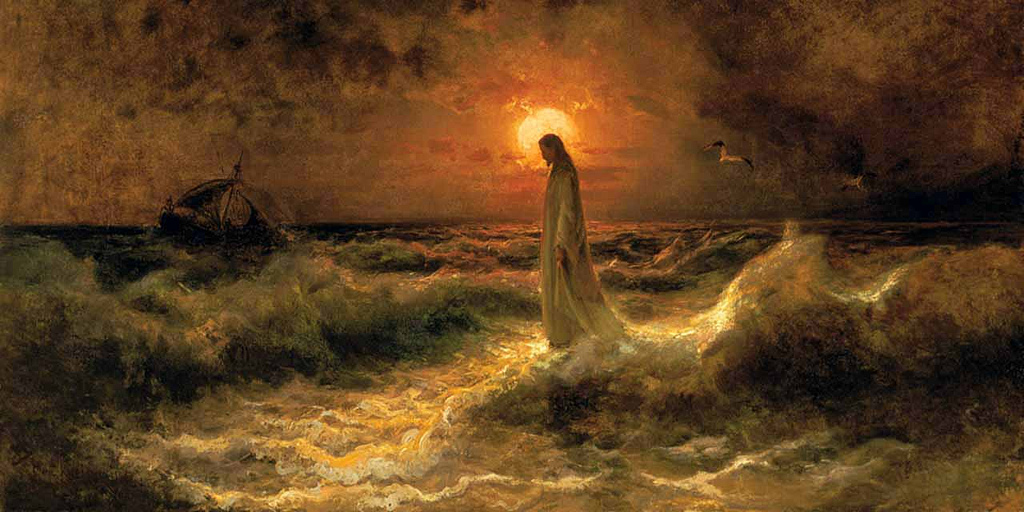
Hi friends, I’ve recorded a podcast meditation, which I hope you’ll enjoy. Feedback welcome 🙂
Sometimes, the little boat of your life is tossed in
the darkness, in a storm-swept lake, far from shore,
It’s buffeted by waves, with the wind against it. And a dark
figure looms, walking on water, and you cannot see his face,
and you do not know his name, and you are terrified.
And in the encircling gloom, Christ always speaks the same
magnificent words, “Take courage. It is I. Do not be afraid.”
He comes to us in the darkness, a future that looks bleak,
with unsolvable relational difficulties or financial difficulties, or
when intellect, energy, and organisation feel puny, matched with
our dreams and calling. But it is Christ. Do not be afraid.
And Peter, the risk-taker, from an overabundance of love and
impulsivity, says, “Lord, if it’s you, tell me to come to you on
the water.” And Jesus speaks another of his great words, “Come.”
Jesus, the merciful, did not ask Peter to do something that
transcended the humanly possible and Peter’s faith, but
since Peter wanted to get to Jesus as quickly as possible, and to
do whatever Jesus did, he gives him permission to walk on water.
We sometimes yearn to do things for which we know we don’t
have the money, time, abundant gifting, or even the character.
Never begin them before you’ve prayed, “Lord, tell me to do it.”
If he says, “Come,” start tackling the impossibility, immediately.
And Peter walks on water, until he sees the almost visible wind,
is afraid, and begins to sink. Fear paralyses, sinks, and destroys.
And Peter prays a powerful prayer, “Lord, save me.” And
immediately, Jesus reaches out his hand and catches him,
scolding, “Oligopistos. You of little faith. Why did you doubt?”
And the wind dies down, and Peter learns to keep his eyes
on Jesus and his power when he attempts the impossible,
and to cry out for Jesus’s help when he begins to sink.
Help us, Jesus, you who control the wind and waves,
and all things, when we are sinking in the darkness,
and all seems impossible. Tell the wind to be quiet.
Take my hand, precious Lord. Lead me on. Let me stand. Amen.






